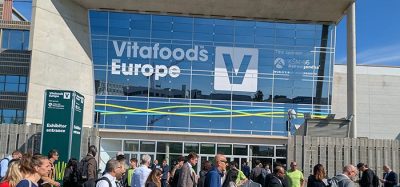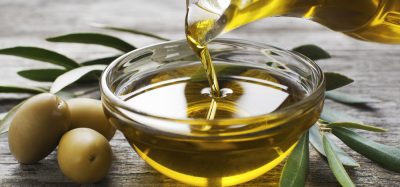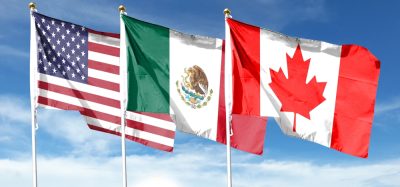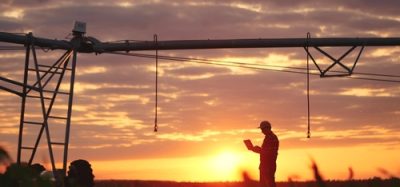Theresa May’s Florence speech: what does it mean for the food industry?
- Like
- Digg
- Del
- Tumblr
- VKontakte
- Buffer
- Love This
- Odnoklassniki
- Meneame
- Blogger
- Amazon
- Yahoo Mail
- Gmail
- AOL
- Newsvine
- HackerNews
- Evernote
- MySpace
- Mail.ru
- Viadeo
- Line
- Comments
- Yummly
- SMS
- Viber
- Telegram
- Subscribe
- Skype
- Facebook Messenger
- Kakao
- LiveJournal
- Yammer
- Edgar
- Fintel
- Mix
- Instapaper
- Copy Link
Posted: 22 September 2017 | George Smith (New Food) | No comments yet
Speaking in Italy, Theresa May’s speech has been billed as a defining moment in the Brexit process. But what could it mean for us?
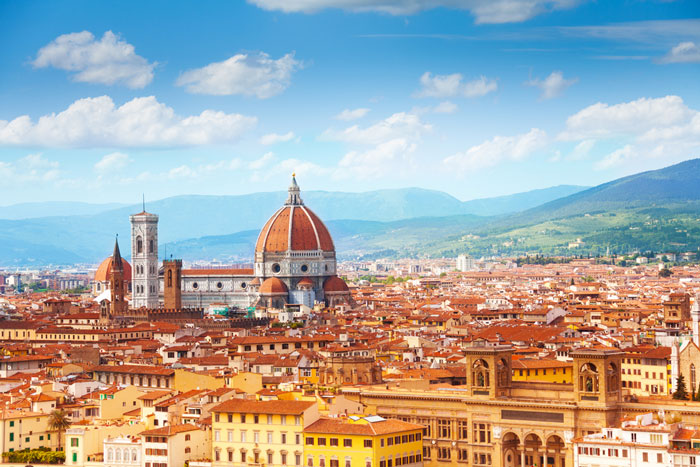

MAY DAY: The British Prime Minister's talk was much anticipated.
Theresa May has attempted to make Britain’s position on Brexit clear in Florence this afternoon. Here’s how what she has said may impact the food industry.
Migrant labour
Approximately one third of the UK’s food processing sector’s workforce, 120,000, is comprised of EU migrant workers. As the UK’s agriculture industry relies so heavily on a migrant workforce there are fears over the travel impacts that will most probably occur when the UK is no longer a member of the EU.
The Prime Minister has given assurances to the migrants living in the UK: “We’ve made significant progress on how we will look after European nationals living in the UK and how we look after British nationals living in the 27 member states of the European Union. I know that this whole process has been a source of great worry and anxiety for them and their loved ones but I want to repeat to the 600,000 Italians in the UK and indeed to all EU citizens who have mad their lives in our country. That we want you to stay, we value you and we thank you for your contributions to our national life.
“It has been and remains one of my first goals in these negotiations to ensure that you can carry on living your lives as before. I’m clear that the guarantee I’m giving on your rights is real and I doubt anyone with real experience of the UK would doubt the independence of our courts or of the rigour with which they will uphold people’s legal rights.”
No chance for the Customs Union and Single Market says May
Farmers, manufacturers and retailers rely on exports and imports – the regulatory framework that governs this international trade therefore matters to all, both in strengthening and supporting UK producers in domestic and foreign markets, and in affording UK consumers and the agri-food and drink industry the benefits of freer trade with overseas partners. Currently, that framework is determined by the EU, internally through the Single Market and Customs Union, externally through the EU’s Common Commercial Policy.
The place of the UK in the Single Market has long been a source of hot debate. Indeed, for many it is the dividing line between the often slippery terms hard and a soft Brexit. Here’s what Mrs May had to say about that:
“The UK is leaving the European Union. We will no longer be members of its Single Market or its Customs Union.
“The Single Market and it’s freedoms are indivisible for our European friends. We recognise that the Single Market is built on a balance of rights and obligations. And we do not pretend that you can have all the benefits of the Single Market without its obligations. So our task is to find a new framework that allows for a close economic partnership but holds those rights and obligations in a new and different balance.
“But as we work out together how to do so, we don’t start with a blank sheet of paper like other external partners negotiating a free trade deal from scratch have done. In fact we start from an unprecedented position for we have the same rules and regulations as the EU. Our EU Withdrawal Bill will ensure they are carried over into our domestic law at the moment we leave the EU.”
Related topics
Regulation & Legislation, Supply chain, Sustainability, Trade & Economy




